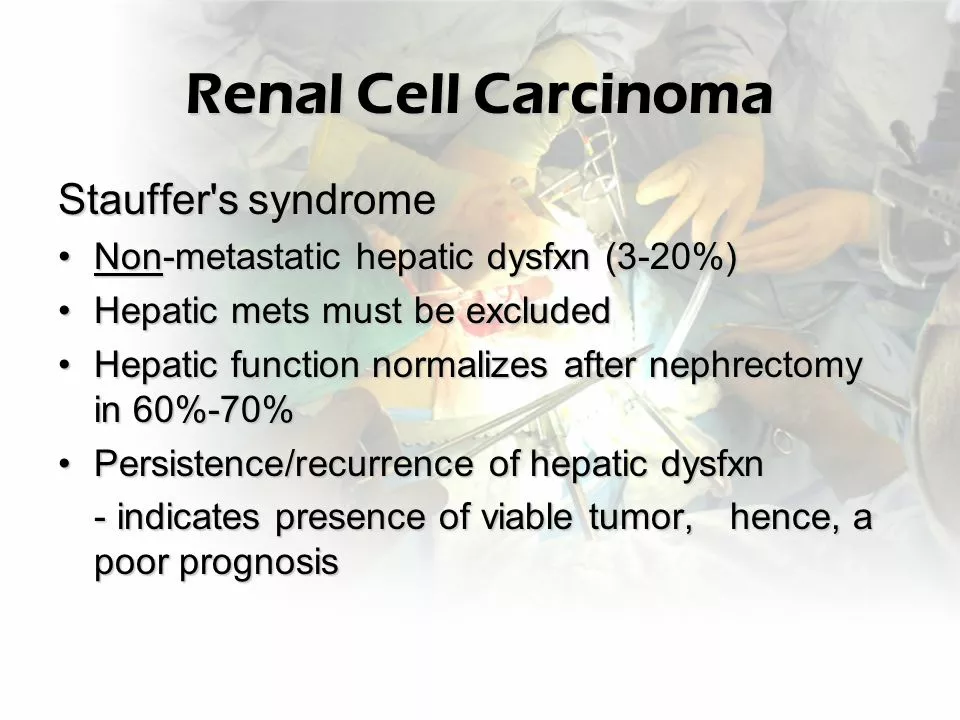If you’ve heard the term “renal cell carcinoma” (RCC) and wonder what it really means, you’re not alone. It’s simply a type of kidney cancer that starts in the cells lining the small tubes inside your kidneys. Most people don’t notice any problem until a test or an uncomfortable symptom shows up.
The early signs of RCC can be subtle. A painless lump on the side or back, blood in the urine, and unexplained weight loss are typical red flags. Some folks feel a dull ache near the ribs or notice their energy dropping fast.
If any of these pop up, especially blood in the pee (hematuria) or a persistent flank pain, schedule an appointment. Doctors usually start with an ultrasound or CT scan to get a clear picture of the kidney and see if a tumor is present.
Once RCC is confirmed, treatment depends on the stage. Small tumors often disappear after a minimally invasive surgery called laparoscopic partial nephrectomy – the surgeon removes just the tumor, sparing most of the kidney.
For larger or spread-out cancers, doctors may recommend radical nephrectomy (removing the whole kidney) combined with targeted therapies that block specific proteins cancer cells need to grow. Immunotherapy drugs, like checkpoint inhibitors, have become a game‑changer for advanced RCC and are now standard in many cases.
Radiation isn’t usually first‑line because kidneys don’t respond well, but it can help control pain or shrink tumors before surgery. Clinical trials also offer access to experimental treatments that could be more effective than current options.
Beyond medical procedures, lifestyle tweaks support recovery. Staying hydrated, eating a balanced diet rich in fruits and veggies, and keeping weight under control reduce strain on the remaining kidney. Regular follow‑up scans are crucial – they help catch any recurrence early when it’s easiest to treat.
If you have a family history of kidney cancer or known genetic risks (like von Hippel‑Lindau disease), talk to your doctor about screening earlier. Early detection dramatically improves outcomes, often allowing less aggressive surgery and quicker healing.
Living with RCC can feel overwhelming, but many patients lead active lives after treatment. Support groups, both online and in person, give a space to share tips on managing side effects, navigating insurance, and staying motivated during follow‑up care.
Bottom line: watch for blood in urine, unexplained pain, or weight loss; get imaging done promptly; discuss all treatment options—including newer targeted drugs—with your oncologist; and keep up with healthy habits and regular check‑ups. With the right plan, most people beat RCC and return to their daily routine.

As a blogger, I've recently come across an interesting topic - the connection between renal cell carcinoma and kidney transplants. Renal cell carcinoma is the most common type of kidney cancer, and in some cases, a kidney transplant may be necessary to treat it. However, there's also a risk of developing renal cell carcinoma after receiving a kidney transplant, since the immunosuppressive drugs patients take can increase the risk of developing cancer. It's important to be aware of this connection and always monitor your health after a transplant. Remember, early detection and timely intervention are crucial in effectively managing renal cell carcinoma.
View more